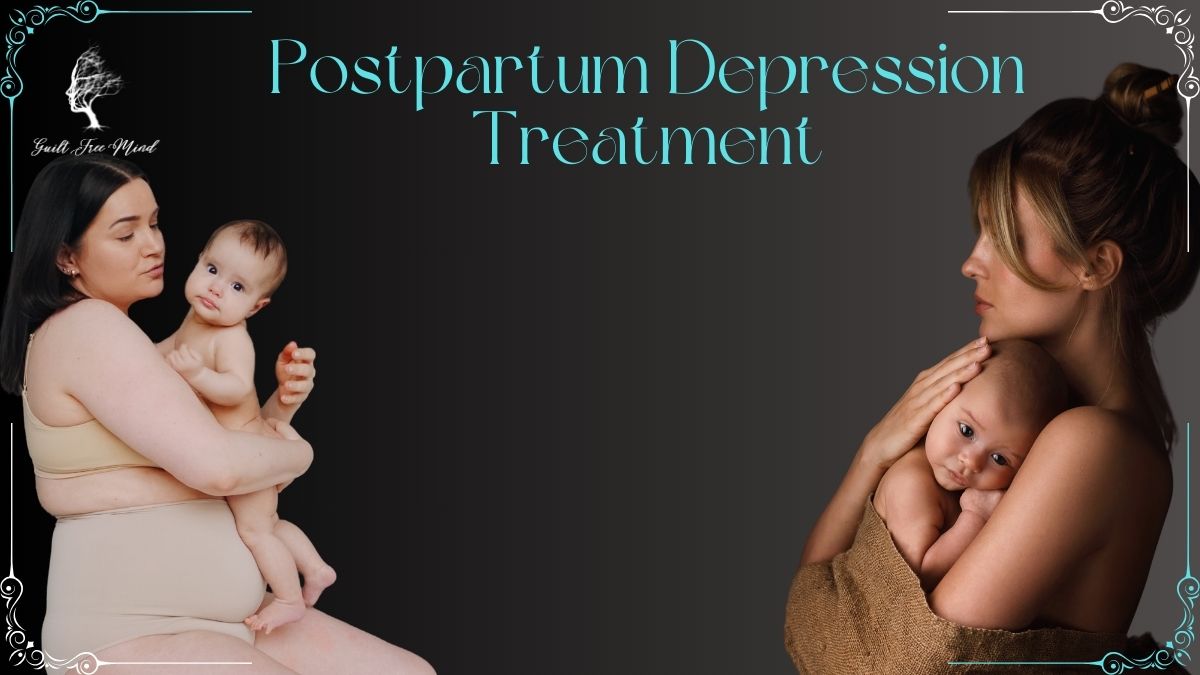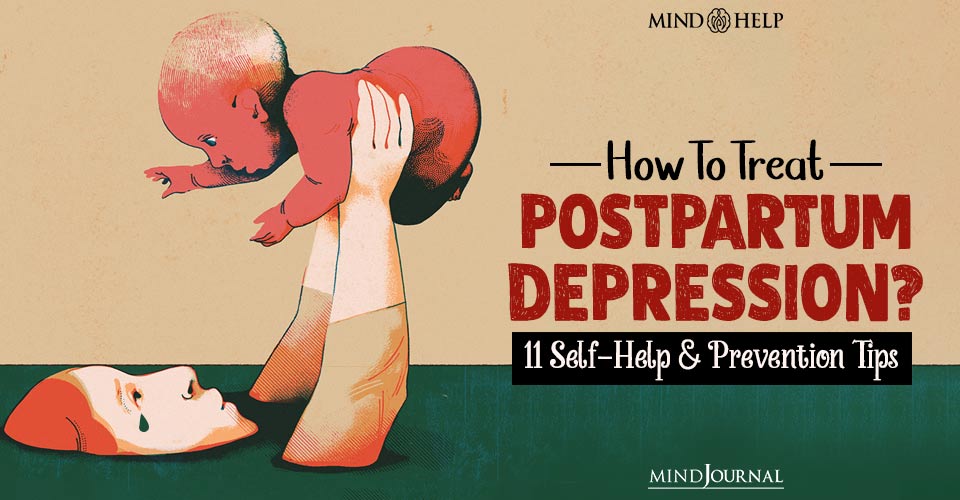A Biased View of Beautiful Journey Reproductive Counseling Center
A Biased View of Beautiful Journey Reproductive Counseling Center
Blog Article
Beautiful Journey Reproductive Counseling Center Can Be Fun For Anyone
Table of ContentsThe Best Strategy To Use For Beautiful Journey Reproductive Counseling CenterExcitement About Beautiful Journey Reproductive Counseling CenterNot known Incorrect Statements About Beautiful Journey Reproductive Counseling Center Beautiful Journey Reproductive Counseling Center Can Be Fun For AnyoneBeautiful Journey Reproductive Counseling Center Can Be Fun For AnyoneIndicators on Beautiful Journey Reproductive Counseling Center You Should Know

Functioning with mental health experts is a wonderful method to find out regarding postpartum clinical depression and how to recoup. Therapy is an individual and essential method to deal with postpartum anxiety.

Some Ideas on Beautiful Journey Reproductive Counseling Center You Should Know
There have actually not been conclusive researches released that looked specifically at folate or other B vitamins in the treatment of postpartum clinical depression. Consider recommending to women that are postpartum to proceed their prenatal vitamin or take a B-100 complex with about 1 mg (or 1,000 mcg) of folic acid, or folate.
Adjustment of vitamin D deficiency might play a considerable role in the recuperation from postpartum clinical depression. Moms fighting with depression ought to have their 25-OH vitamin D level examined. Numerous women find that they require at the very least 2,000-3,000 IUs of cholecalciferol, which is vitamin D3 (a form that is very easily absorbed) throughout the cold weather.
In the summertime, less dental vitamin D might be required, depending upon the latitude where the mommy lives. reproductive therapist.
Beautiful Journey Reproductive Counseling Center for Beginners

Anticoagulation might be made use of, and it should be kept in mind that there exists no universal standard or recommendation for anticoagulation treatment in septic pelvic apoplexy. First bolus of 60 units/kg (4000 systems optimum) followed by 12 units/kg/h (maximum of 1000 units/h) is recommended. The aPTT is monitored for 2-3 times the normal value.
Postpartum clinical depression (PPD) is a complex mix of physical, emotional, and behavior changes that happen in some females after offering birth. According to the DSM-5, a hand-operated made use of to diagnose psychological conditions, PPD is a type of significant clinical depression that begins within 4 weeks after distribution. The medical diagnosis of postpartum clinical depression is based not just on the size of time between distribution and start yet on the severity of the anxiety.
The term describes a variety of physical and psychological adjustments that several brand-new mothers experience. The real web link between this decline and clinical depression is still not clear.
The Ultimate Guide To Beautiful Journey Reproductive Counseling Center
Often, joining a support system of brand-new mommies or chatting with various other mothers aids. can occur a few days or also months after childbirth. PPD can take place after the birth of any type of child, not simply the first youngster. You can have feelings comparable to the baby blues-- unhappiness, anguish, anxiety, crankiness-- yet you feel them a lot more strongly.
When your capacity to feature is affected, you require to see a health treatment copyright, such as your OB/GYN or primary care medical professional. If you do not obtain therapy for PPD, signs and symptoms can get even worse.
This ailment can take place rapidly, typically within the first 3 months after childbirth. Ladies can lose touch with truth, having auditory hallucinations (hearing things that aren't really occurring, like a person talking) and delusions (strongly believing points that are clearly illogical). Aesthetic hallucinations (seeing things that aren't redirected here there) are much less typical.
Ladies who have postpartum psychosis requirement therapy immediately and usually need medication. Sometimes women are put right into the medical facility because they are at threat for harming themselves or somebody else. Postpartum anxiety is treated in a different way, depending on the kind of symptoms and just how serious they are. Treatment choices include anti-anxiety or antidepressant medications, psychiatric therapy, and engagement in a support system for psychological support and education.
Beautiful Journey Reproductive Counseling Center - Truths
Children of moms with postpartum clinical depression are more probable to have issues with resting and eating, sobbing more than common, and hold-ups in language development. If you have a history of clinical depression, inform your doctor as quickly as you discover you're expecting, or if you're intending to conceive.
PPD can take place after the birth of any child, not simply the initial youngster. You can have sensations comparable to the child blues-- despair, misery, stress and anxiety, crankiness-- however you feel them a lot more highly.
When your capacity to feature is impacted, you need to see a health treatment service provider, such as your OB/GYN or main care doctor. If you don't get therapy for PPD, signs can get even worse.
This disease can occur rapidly, frequently within the initial 3 months after childbirth. Women can shed touch with reality, having acoustic hallucinations (hearing things that aren't actually taking place, like an individual speaking) and delusions (highly believing points that are clearly irrational). Aesthetic hallucinations (seeing things that aren't there) are much less common.
Getting My Beautiful Journey Reproductive Counseling Center To Work
Females that have postpartum psychosis demand treatment right away and almost always need medicine. Therapy choices consist of anti-anxiety or antidepressant medicines, psychiatric therapy, and involvement in an assistance group for psychological assistance and education.
Children of mothers with postpartum anxiety are more probable to have problems with sleeping and consuming, sobbing greater than normal, and delays in language advancement (perinatal counseling). If you have a background of anxiety - https://beautiful-journey-reproductive-counseling-center.jimdosite.com/, inform your doctor as quickly as you locate out you're pregnant, or if you're preparing to conceive
Report this page